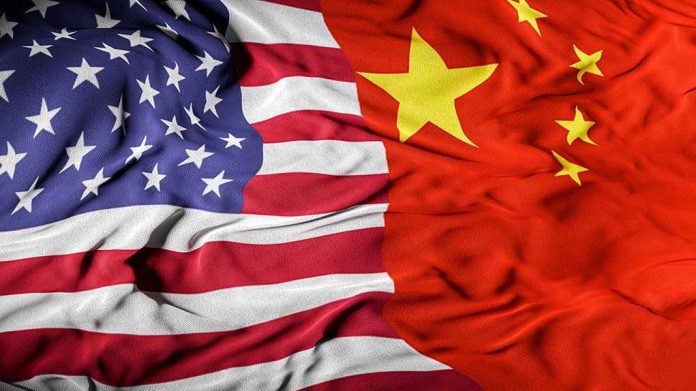
President Trump is pushing for $1 billion in defense aid for Taiwan, igniting a fierce debate in Congress amid rising tensions with China.
At a Glance
- President Trump seeks $1 billion for Taiwan’s defense, doubling the House-approved amount.
- The Trump administration emphasizes the need for stronger deterrence against China.
- Congress debates the aid increase, with fiscal concerns and strategic priorities clashing.
- The decision has significant implications for U.S.-China relations and regional security.
Trump’s Bold Push for Taiwan Aid
President Donald Trump is making waves with his request for a substantial increase in U.S. defense aid to Taiwan. In a move that has both supporters and detractors, Trump is urging Congress to approve $1 billion for Taiwan’s defense in the upcoming fiscal year. This request is double the $500 million currently earmarked in the House-passed defense appropriations bill. The Trump administration argues that this increase is vital for maintaining a credible deterrence against Chinese aggression in the Indo-Pacific region.
China’s military maneuvers near Taiwan have raised alarm bells about a potential invasion, making this aid request even more critical. While the House has already passed a bill with $500 million allocated for Taiwan, the administration believes that the full $1 billion is necessary to safeguard U.S. interests and personnel in the event of a conflict. The Office of Management and Budget (OMB) has been vocal in its support, labeling the $500 million as “critical” but insisting the full amount is essential for regional stability.
Congressional Battle Over Funding
In Congress, the debate over this aid package is heating up. Fiscal conservatives are wary of increasing foreign aid, especially amid domestic fiscal concerns. Representative Marjorie Taylor Greene, a vocal critic, has opposed the aid increase, arguing that it could lead to overdependence by Taiwan on the U.S. Meanwhile, Democrats such as Representative Betty McCollum see the aid as a necessary measure to counter the growing threat from China. The Senate has yet to weigh in, with the final aid amount pending further negotiations and eventual presidential approval.
The Trump administration’s push highlights a broader trend of demanding greater burden-sharing from allies. Taiwan currently spends about 2.5% of its GDP on defense, but Trump has suggested it should be as high as 10%. This demand comes as part of a larger strategy to encourage allies to shoulder more of their defense costs, a stance consistent with Trump’s previous foreign policy positions.
Implications for U.S.-China Relations
The proposed increase in aid to Taiwan is expected to provoke a strong reaction from China. Beijing has consistently opposed any foreign support for Taiwan, viewing it as interference in its internal affairs. Past U.S. arms sales to Taiwan have already drawn fierce protests from China, and this latest development is unlikely to be any different. Tensions between the U.S. and China are already high due to trade disputes and military posturing, and this aid package could further strain bilateral ties.
For Taiwan, increased U.S. aid would provide immediate benefits in terms of enhanced defense capabilities, including arms procurement and military training. However, it also places Taiwan in a delicate position, as it must balance the need for U.S. support with the risk of escalating tensions with China. The aid debate also underscores the broader question of U.S. global commitments and alliance management, particularly as the strategic landscape in the Indo-Pacific continues to evolve.



